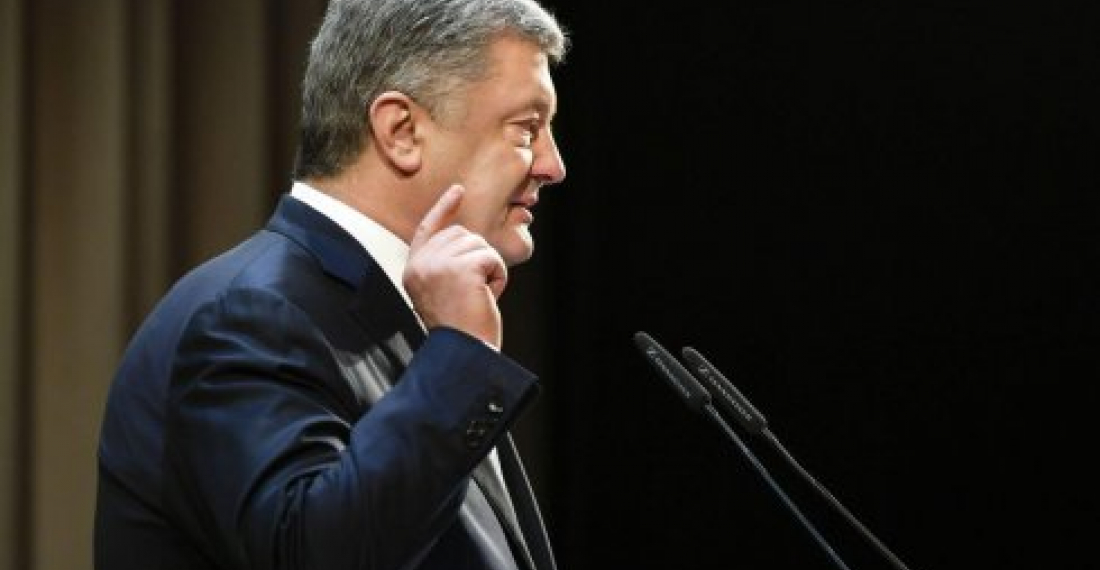Президент Украины Петр Порошенко раскритиковал политику России в отношении своей страны и заявил, что Кремль намерен создать Советский Союз 2.0
Он сказал в ходе встречи с президентом Совета ЕС Дональдом Туском, что недавнее нападение России на украинские катера в районе Керченского пролива является попыткой оккупации Керченского пролива и Азово-Черноморского бассейна.
Порошенко заявил, что убежден, что Кремль стремится не только вернуть Украину в зону своего влияния, но и уничтожить ее государственность. "Целью Кремля является не только попытка заставить [Украину] вернуться в так называемую зону влияния России, остановить наше устойчивое движение в направлении Европы, его цель - уничтожить государственность Украины и создать Советский Союз 2.0", - сказал он. Порошенко встретился с Туском в Киеве, в понедельник (18 февраля). Туск написал в Твиттере, что он посещал Украину, чтобы встретиться с Порошенко и отметить годовщину протестов на Майдане пять лет назад.
Прибыл в Киев, чтобы встретиться с президентом @poroshenko и отдать дань уважения всем украинцам на праздновании 5-летия #Майдана завтра.
- Дональд Туск (@eucopresident) 18 февраля 2019 г.
Arrived in Kiev to meet President @poroshenko and pay tribute to all Ukrainians on the 5 years #Maidan anniversary tomorrow. pic.twitter.com/Ab2OBtAuAj
— Donald Tusk (@eucopresident) 18 февраля 2019 г.
В своем выступлении Порошенко упомянул недавний акт российской агрессии, когда 25 ноября российские силы безопасности атаковали три украинских военных катера возле Керченского пролива. "Это была попытка оккупации Керченского пролива и Азово-Черноморского бассейна вооруженными силами Российской Федерации, пограничных войск Федеральной службы безопасности Российской Федерации", - сказал он.
Содержание по теме: В Азовском море наблюдается рост напряженности между Россией и Украиной
источник: commonspace.eu по материалам информационного агентства УНИАН, Киев.
фото: Петр Порошенко (фото из архива)





